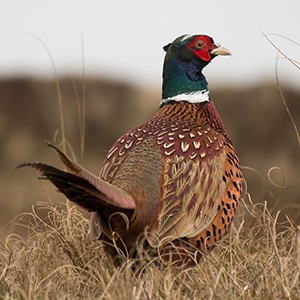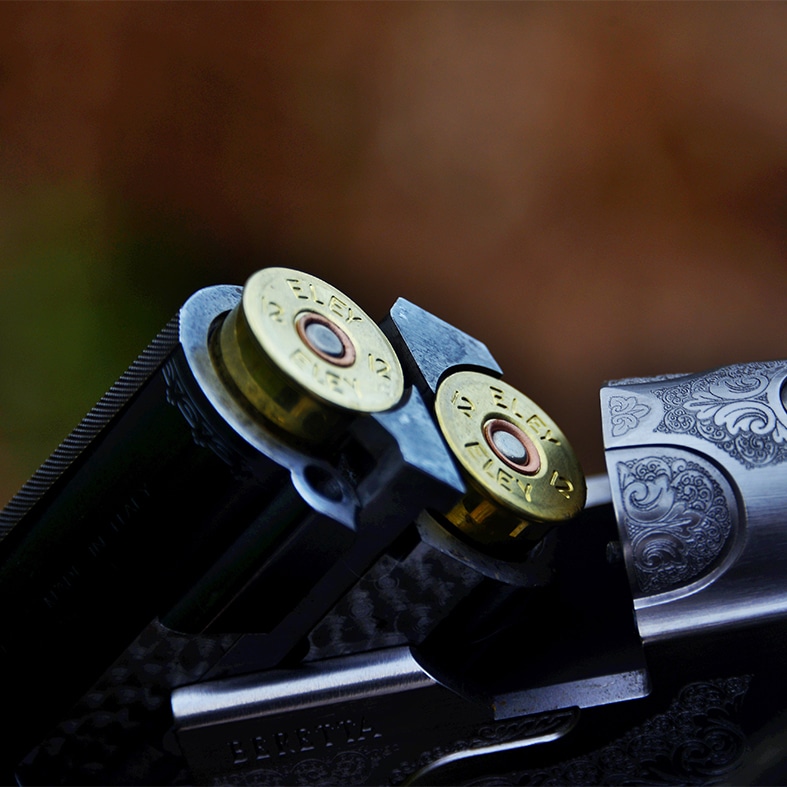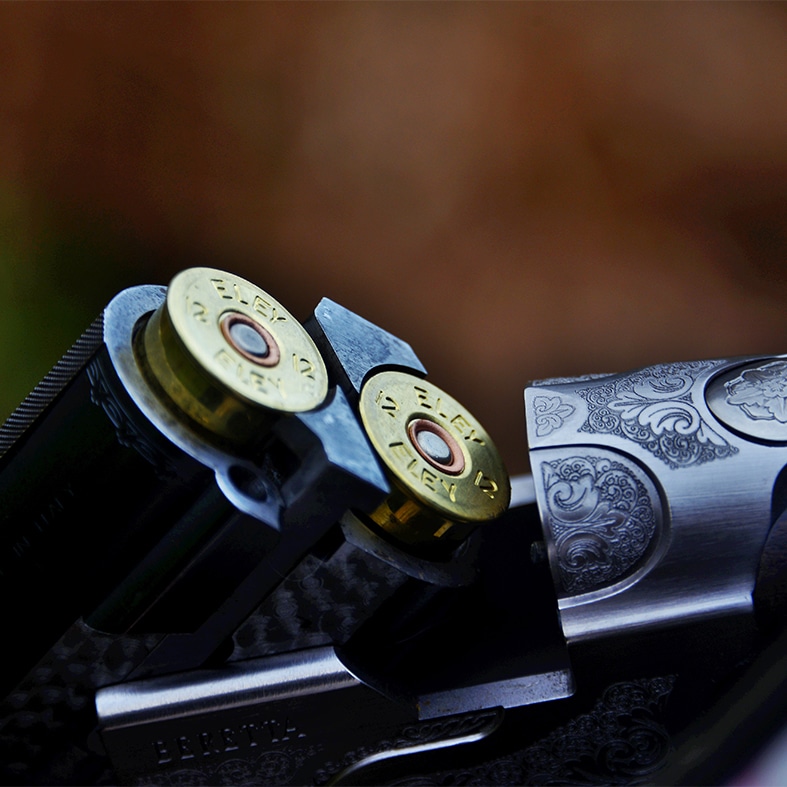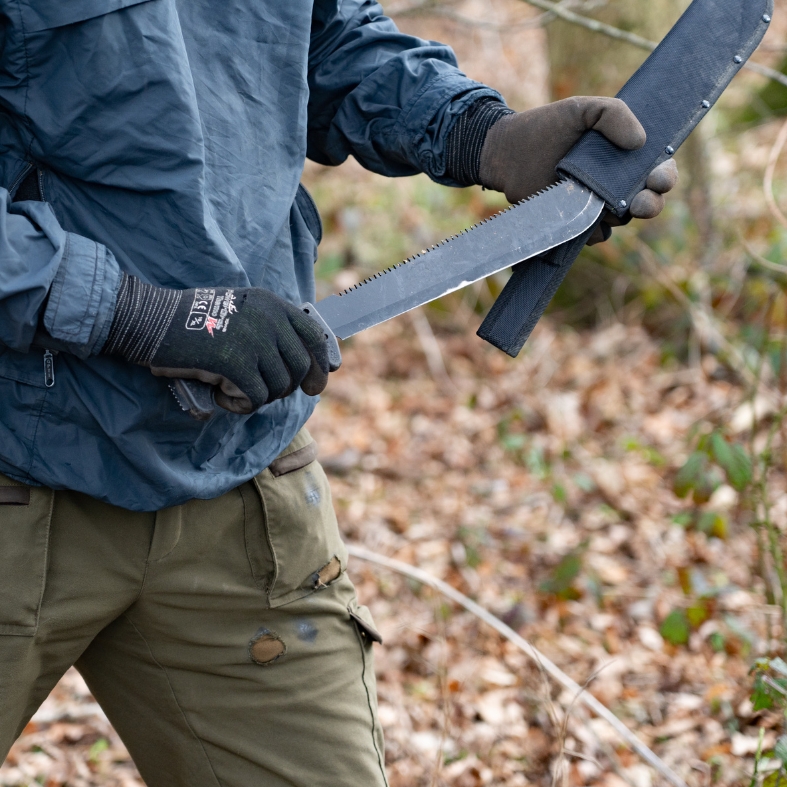

Legislation on zombie-style knives and machetes
The government has announced that it is set to expand The Criminal Justice Act 1988 (Offensive Weapons) Order 1988, by the addition of “zombie-style knives and machetes” to the list of prohibited weapons.
The changes to the Order will come into force on 24 September 2024. The amendment is targeted at removing from circulation zombie-style knives and machetes with specific characteristics.
A zombie-style knife or machete is defined as a bladed article with the following elements:
- a plain cutting edge;
- A sharp pointed end; and
- a blade of over eight inches in length (measured from the tip to the top of the handle in a straight line).
In addition to this basic specification, it must also have one or more of the following features:
- A serrated cutting edge (other than one no longer than two inches next to the handle).
- More than one hole (of any shape) in the blade.
- Spikes.
- More than two sharp points in the blade.
(A sharp point is defined as having an angle between the edges which create the point of less than 90 degrees. In the case of a curved edge the angle will be measured by reference to the tangent of the curve).


Who is the amendment aimed at?
The amendment to the Offensive Weapons Order is not designed to catch conventional machetes which are widely used in shooting and conservation activities. These include making hides and blinds, for cutting brush and any other land management activities that call for a heavy blade to cut vegetation.
Most conventional machetes will not satisfy the definition above because they do not have sharply pointed ends to their blades.
The new legislation is firmly targeted at a new generation of machetes with sharply pointed blades carrying spikes and pierced by numerous holes such as the Snake Eye Tactical and the USMC Desert Ops Sawback models. It will also outlaw so-called Rambo knives with blades longer than eight inches.
Weapons listed in the Offensive Weapons Order are subject to an absolute prohibition of possession – even in private houses.
However, the Order contains a general defence for antique examples which are defined as being over one hundred years old from the date of any alleged offence. This would cover First World War German bayonets, many of which had saw-toothed backs.
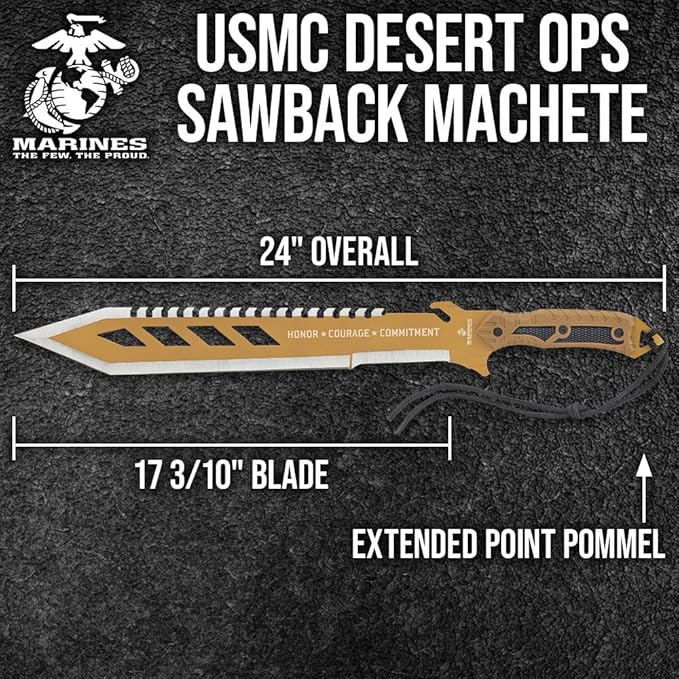
Surrender and compensation scheme
The government has announced a surrender and compensation scheme for these soon-to-be prohibited weapons. This runs from 26 August to 23 September.
For details of the Home Office Surrender Scheme and other information, follow this link.
The Home Office documents detailing the prohibition and surrender scheme referred to above also include a very useful Annex, including pictures of those machetes and knives that will be caught. It also shows the ways in which the blades angles are measured.
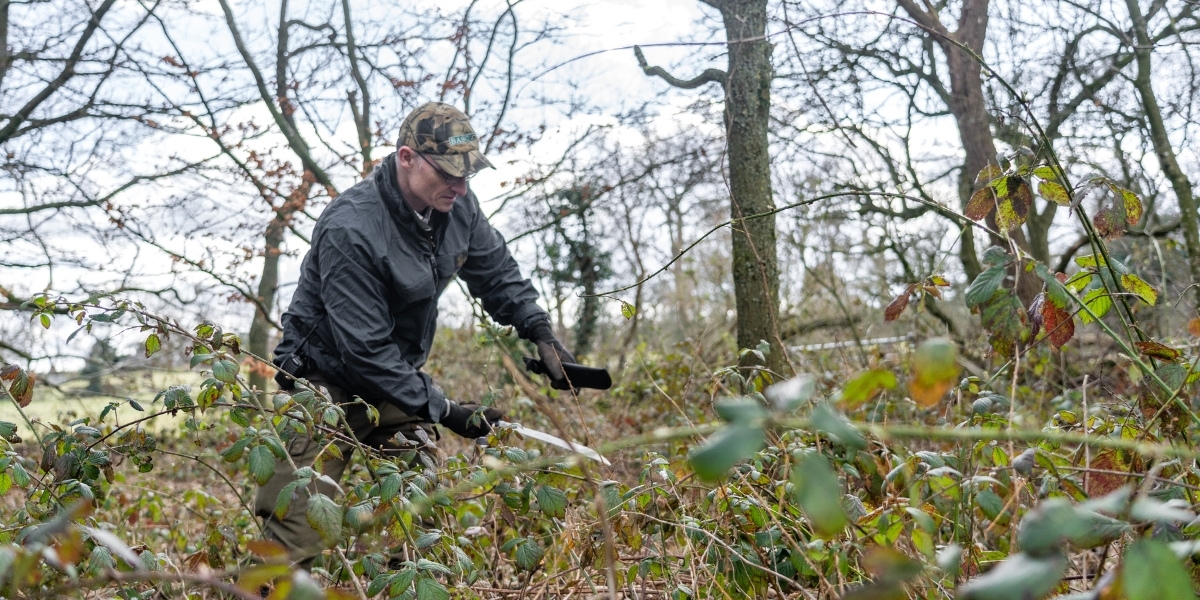
What to do next
BASC members who think they may possess one of these soon-to-be prohibited machetes or knives can ring our firearms team for advice on 01244 573 010.
If we can’t be certain whether your blade fits the definition over the phone, we may ask you to take a picture of it and send it by email.
It is important to realise that a conviction for possessing a zombie-style knife or machete could have serious consequences for your firearm and shotgun certificates as well. At best, any conviction will trigger a warning; at worst, your certificates will be revoked.
Share
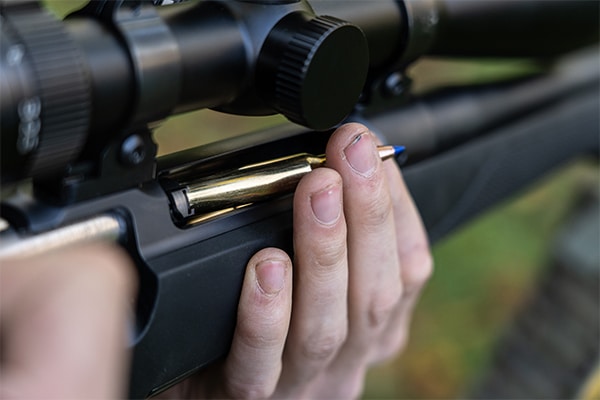
Rifles, Calibres and Land: Advice for Firearms Enquiry Officers
A broad overview of advice and guidance related to key terminology and designed to assist police firearms enquiry officers

The right knife for the job
Bill Harriman discusses what you should look for in a knife, the pros and cons of different knives and how to choose the right one for you.
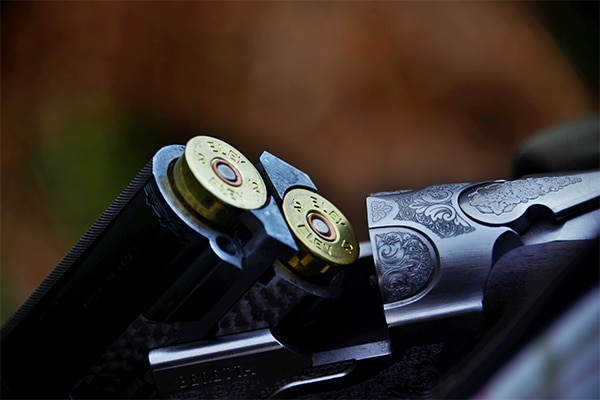
Firearms licensing
Whether you require information on firearms law or advice regarding a certificate application, we have all the information you need.
